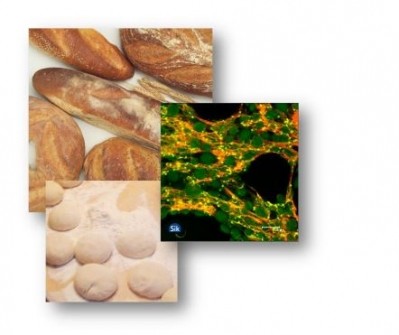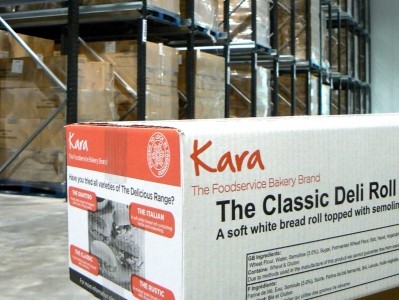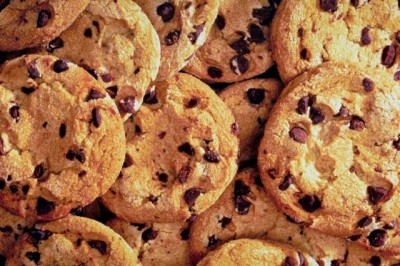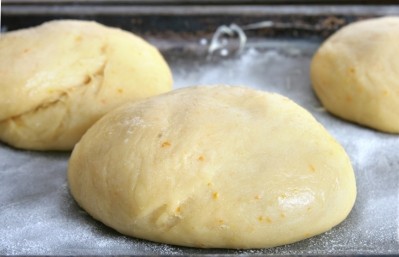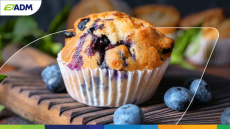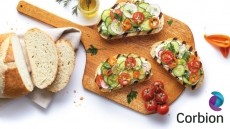Freezing dough: Understand impact on glutenin protein, say researchers
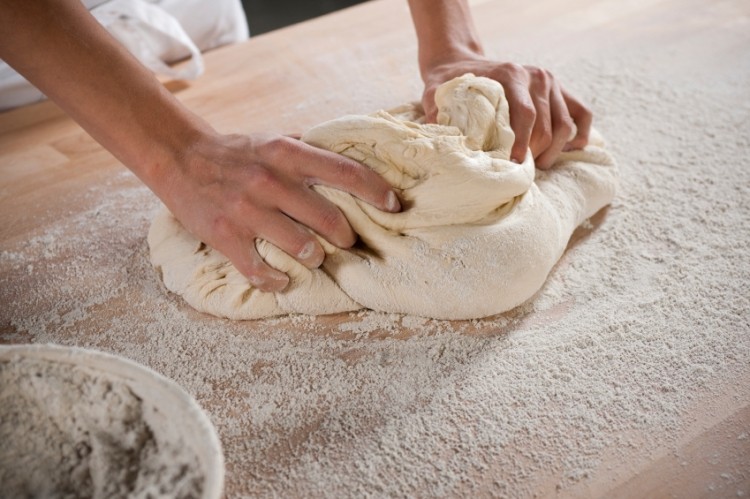
The study published in the Journal of Food Hydrocolloids investigated the impact of freezing on gluten proteins glutenin and gliadin specifically, rather than whole wheat gluten.
“Numerous studies have focused on the deterioration of gluten as a whole part while direct effects of frozen storage on the gliadin monomers and glutenin polymers remain unclear,” the researchers from Jiangnan University in China wrote.
However changes to the physio-chemical properties of gliadin and glutenin may have a certain contribution to the properties of gluten within frozen dough.
By investigating the specific impact freezing had on these gluten proteins within the dough, and thus the procedure of gluten deterioration, the researchers said the study provided, “a theoretical basis for better preservation of frozen dough”.
Polymer conversion during freezing
Findings showed that freezing led to the depolymerization of glutenin macropolymers in the dough – the polymers converted into monomers.
This suggested that gliadin may have the potential to disaggregate, or separate, the glutenin macropolymers within the dough. This conversion also led to a “major variation” of thiol content in the glutenin, they said.
The protein thiol content is important for dough structure, and findings showed that levels in the glutenin decreased in the first 30 days of freezing, particularly the first 15 days, but drastically increased during the last 15 days of storage. Throughout frozen storage, the thiol content in gliadin remained stable.
The depolymerization of glutenin was important to understand, the researchers said, as it was the main indicator of gluten and glutenin deterioration during frozen storage.
Impact on elasticity and viscosity
“Gluten is the main contributor to the rheological properties of the flour dough which is the key factor for the good quality for bakery products. Generally, gliadins confer viscous properties whilst glutenins impart strength and elasticity,” the researchers wrote.
It was the glutenin functionality that was important for gluten again, rather than gliadin, they found.
The freezing process led to a loss of elasticity and viscosity of the glutenenin-rich fractions, but there was no impact to gliadin-rich fractions. This, the researchers said, was because of ice formation at early stages negatively impacting the mechanical strength of the gluten protein.
Source: Journal of Food Hydrocolloids
Published online ahead of print, August 2014, Volume 39, Pages 187 – 194. Doi: 10.1016/j.foodhyd.2014.01.009
“Effect of frozen storage on physic-chemistry of wheat gluten proteins: Studies on gluten-, glutenin- and gliadin-rich fractions”
Authors: P. Wang, H. Chen, B. Mohanad, L. Xu, Y. Ning, J. Xu, F. Wu, N. Yang, Z. Jin and X. Xu
